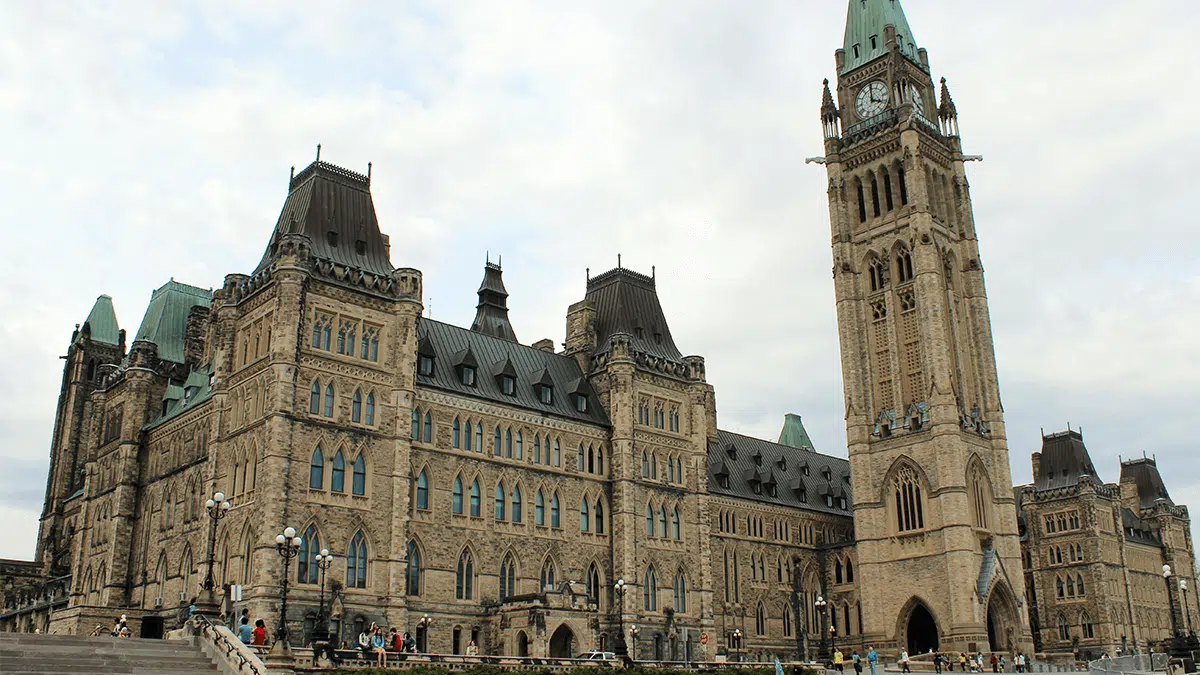
The federal public service is facing one of the most significant generational shifts in its history. As baby boomers continue to retire, younger Canadians are stepping forward to shape policy and program delivery. This transition is more than a workforce replacement. It is an opportunity to harness the skills, perspectives, and values of a generation defined by digital fluency and climate awareness.
For governments, the challenge is not only to recruit youth into the public service but to empower them to influence policy in meaningful ways. Their insights are vital for shaping a government that is resilient, modern, and responsive to emerging challenges.
A Generation Defined by Digital
Today’s youth have grown up in an environment where digital tools are second nature. Social media, cloud platforms, mobile devices, and artificial intelligence are not new concepts to them. They are expectations. This digital fluency has profound implications for policy design and public administration.
Younger employees tend to approach problems with a focus on agility, transparency, and collaboration. They are accustomed to open-source thinking, iterative problem-solving, and using technology to amplify voices. In the context of government, this mindset can accelerate digital transformation. It can also reshape service delivery to better reflect how citizens expect to interact with government programs.
Departments that embrace youth-driven digital leadership can move more quickly toward modernization. Those that do not risk falling behind, struggling to meet rising expectations for efficiency and accessibility.
Climate Leadership at the Forefront
If digital literacy is the hallmark of today’s youth, climate consciousness is their rallying call. Young Canadians consistently rank climate change as one of their top priorities, both personally and politically. They are not just advocating for stronger action. They are actively shaping the debate, leading grassroots movements, and demanding accountability from institutions.
Bringing this energy into the federal policy process is essential. Climate challenges span multiple sectors, from transportation to housing to natural resources. Integrating youth perspectives helps ensure that policies are not only technically sound but also resonate with the values of the next generation. Their lived experience with climate activism gives them a unique lens for assessing trade-offs and identifying innovative solutions.
Why Youth Engagement Matters for Policy
Incorporating youth perspectives into policy is not about token representation. It is about strengthening government’s capacity to adapt and innovate. Youth bring:
- New skills. Comfort with digital tools, data analysis, and emerging technologies.
- Fresh perspectives. Willingness to challenge status quo approaches and test new ideas.
- Values alignment. A strong focus on equity, sustainability, and long-term outcomes.
- Civic energy. A desire to contribute to the public good and make a measurable impact.
The federal government has recognized this through initiatives such as youth councils, internship programs, and leadership development opportunities. But more can be done to move from consultation to co-creation. Empowering youth to shape decisions alongside experienced public servants creates stronger, more resilient policies.
The Role of Consulting Partners
Creating pathways for youth influence requires intentional design. Departments need strategies to attract and retain young talent, frameworks to integrate their insights, and systems to measure the impact of their contributions.
This is where consulting partners can help. At Bronson Consulting, we work with federal clients to design engagement strategies, develop performance frameworks, and support organizational change. We help ensure that youth voices are not just heard but embedded in policy design and implementation.
By aligning recruitment, program design, and policy development with youth leadership, departments can build capacity for the future while addressing today’s urgent challenges.
Looking Ahead
The federal government is at a crossroads. The need for digital transformation and climate action is urgent, and the solutions will shape Canada’s future for decades. Engaging youth is not simply a demographic necessity. It is a strategic choice that can accelerate innovation, improve accountability, and build trust with the next generation of citizens.
Harnessing the digital fluency and climate leadership of young Canadians will not solve every challenge, but it is one of the clearest opportunities to strengthen public policy. By creating space for youth to lead, the government positions itself not just to respond to change but to shape it.





